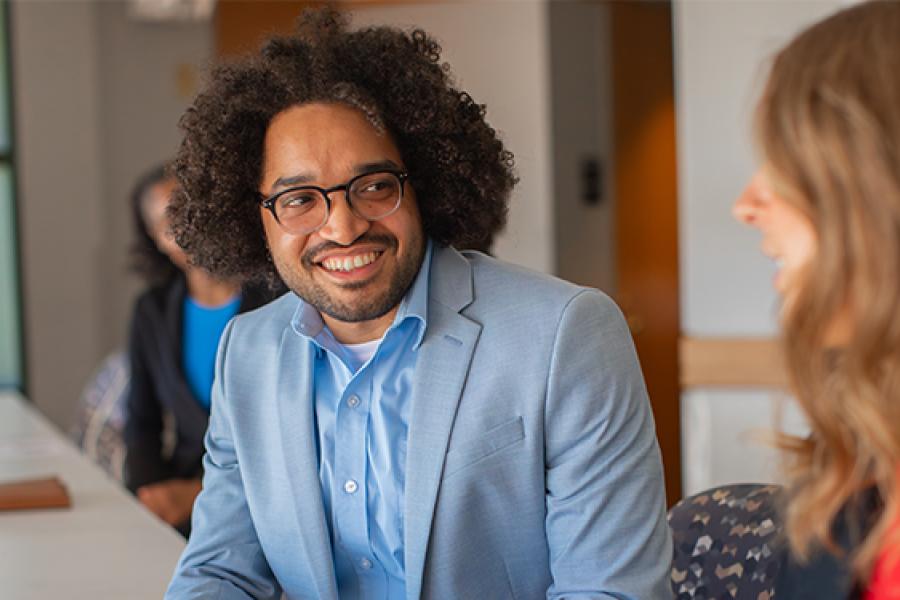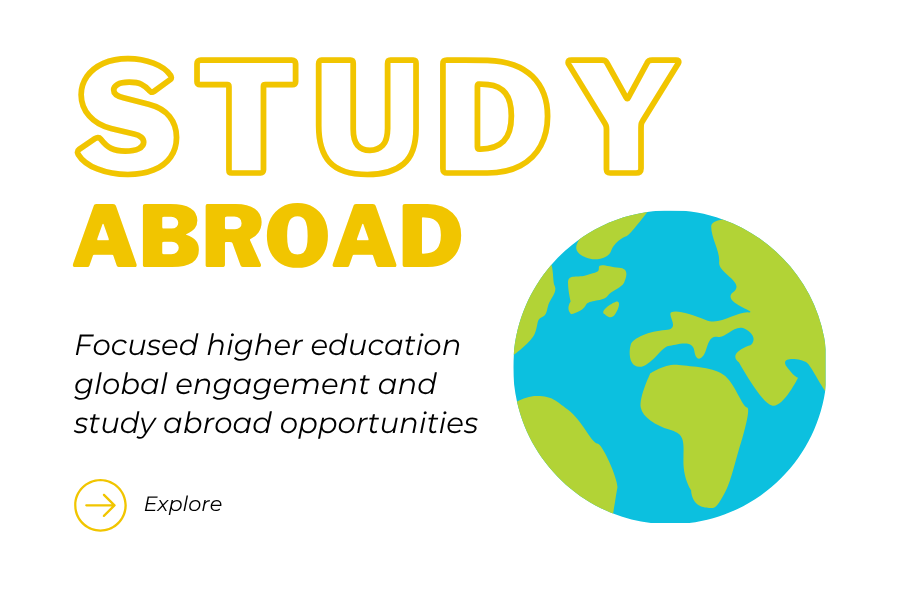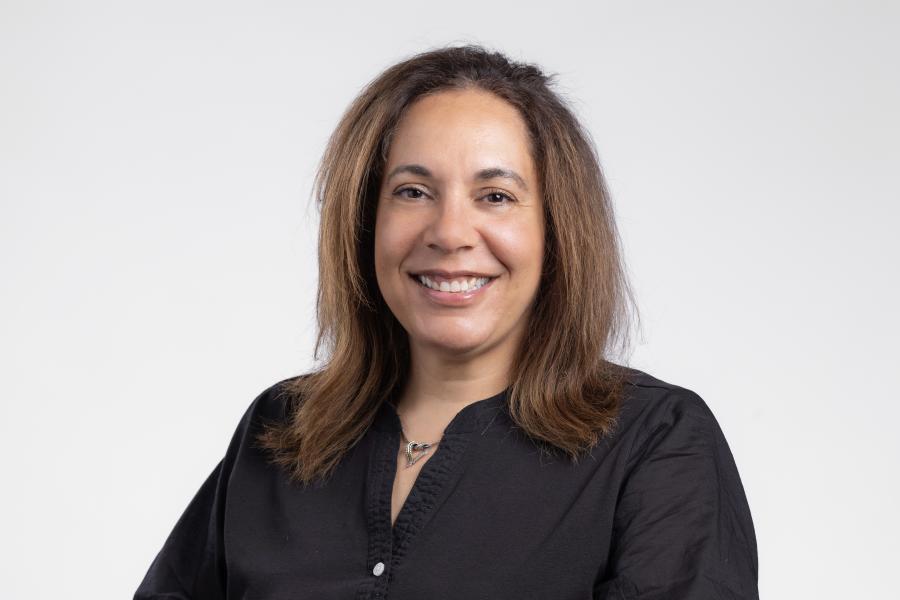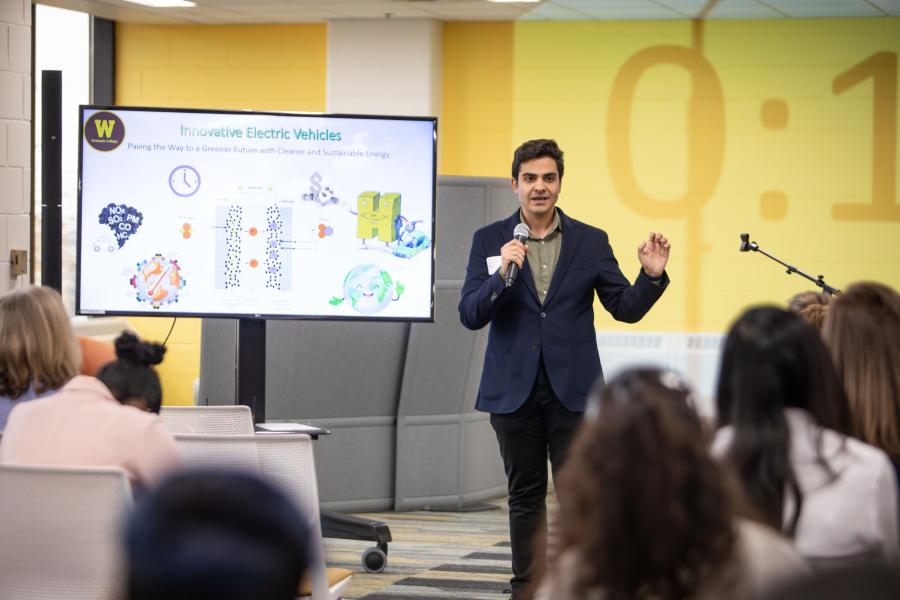Overview
The Higher Education and Student Affairs (HESA) master’s program at Western Michigan University prepares students to lead and support all types and aspects of college communities through hands-on learning and reflective practice. The 33-credit program blends theory, leadership, and real-world experience. Students progress through a cohort-based model, fostering connection and collaboration. Coursework emphasizes student development, leadership theory, and diversity and inclusion, including an individualized field experience and a practicum experiential component. Instead of a thesis, students complete a professional ePortfolio demonstrating their growth and competencies. Designed for both full- and part-time students from all academic backgrounds, the HESA master’s program equips graduates to create inclusive, transformative learning environments and build meaningful careers in higher education leadership. Starting Fall 2026, the program will be available in-person and virtually.

Meet Jonathan
Jonathan Pulley (M.A. ’18) is Director of Grant Development at the McGregor Fund, leading community partnerships, grant initiatives, and equitable funding efforts.
Attend an information session!

Learn more about the program by attending one of our virtual information sessions. These sessions offer the opportunity to meet with a faculty member—and occasionally a current student—to gain a deeper understanding of the program structure, coursework, and application process. Participants are encouraged to ask questions and engage in conversation about how the program can support their professional goals.
Discover more











